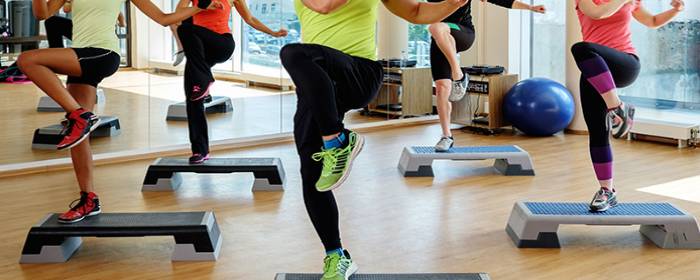
High-Intensity Step Training Can Help Stroke Survivors
A stroke occurs when the blood supply to the brain becomes blocked. When the brain cells cannot get sufficient oxygen, they may die off, resulting in lasting symptoms such as difficulty walking and speaking. Although some challenges may be permanent, there are a number of rehabilitative therapies that can help stroke survivors recover as much function as possible. This will shed light on how High-Intensity step training can help stroke survivors.
One form of rehabilitation which has recently emerged as an effective therapy for boosting walking skills is high-step training. While rehabilitative measures typically focus on low-intensity walking to help stroke survivors restore balance and walking skills, experts believed this approach isn’t challenging enough to help patients navigate real-world scenarios. To test their theory, a research team at Indiana University School of Medicine in Indianapolis compared the patient outcomes in low-impact training programs against those from a higher-intensity stepping program.
Participants were involved in one of three programs: high-intensity steps with variable tasks, such as steps on uneven surfaces, inclines, or over obstacles while moving forward; high-intensity steps only moving forward; or low-intensity steps with variable tasks. Stroke survivors in both high-intensity groups were able to walk faster and farther than those in the low-intensity group.
In the high-intensity groups, the majority of participants (57% to 80%) made noteworthy clinical gains, but less than a third of participants made the same improvements in the low-intensity group. Participants in the high-intensity group also reported improved balance and confidence.
Although rehabilitative walking programs have historically taken a more gradual approach, these findings suggest that pushing patients to walk further, faster, and across a variety of conditions could challenge the nervous system more effectively. In doing so, stroke survivors may improve mobility and witness noticeable improvements in a shorter amount of time. All in all High-intensity step training can help stroke survivors.


 St. Petersburg, Florida
St. Petersburg, Florida
